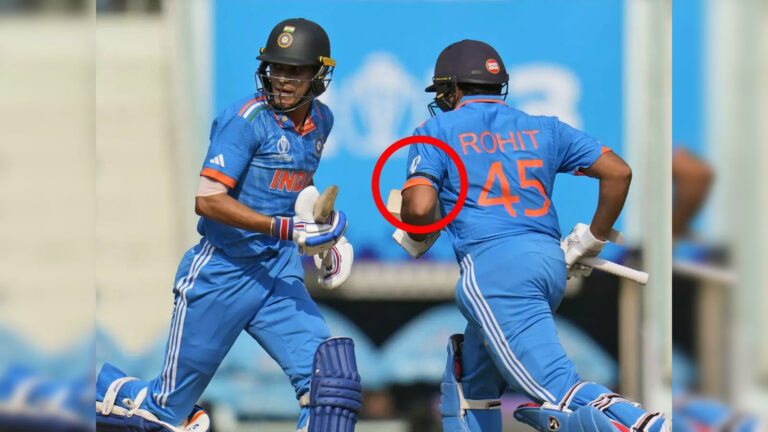The Role of Sports Law in Cricket Governance
play99exch, lotus exchange login, playexch.in:Sports law plays a crucial role in the governance of cricket, shaping how the game is played, managed, and regulated at all levels. From player contracts and disciplinary procedures to broadcasting rights and sponsorship deals, sports law influences every aspect of cricket governance. In this blog post, we’ll explore the role of sports law in cricket governance and its impact on the sport.
The Evolution of Sports Law in Cricket
Sports law has become increasingly important in cricket governance as the sport has grown in popularity and commercial value. With the rise of professional leagues, international tournaments, and lucrative broadcasting deals, the need for clear rules and regulations has become paramount.
The International Cricket Council (ICC) is the governing body for cricket worldwide, responsible for setting the rules of the game and overseeing international competitions. The ICC’s regulations cover a wide range of issues, including player eligibility, doping control, anti-corruption measures, and dispute resolution.
In addition to the ICC, each country has its own cricket board or association that governs the sport at the national level. These boards are responsible for organizing domestic competitions, selecting national teams, and managing the development of the game within their respective countries.
Key Legal Issues in Cricket Governance
Sports law in cricket governance encompasses a wide range of legal issues, including:
1. Player Contracts: Sports law governs the negotiation and enforcement of player contracts, covering issues such as salaries, bonuses, sponsorship deals, and image rights.
2. Disciplinary Procedures: Sports law sets out the procedures for disciplinary action against players, officials, and teams who violate the rules of the game, including doping violations, match-fixing, and misconduct.
3. Broadcasting Rights: Sports law regulates the sale and distribution of broadcasting rights for cricket matches, ensuring that rights holders are compensated fairly and that fans have access to live coverage of games.
4. Anti-Corruption Measures: Sports law includes provisions to combat match-fixing, spot-fixing, and other forms of corruption in cricket, such as the ICC’s Anti-Corruption Code and the establishment of the Anti-Corruption Unit.
5. Sponsorship and Marketing: Sports law governs the relationships between cricket boards, teams, players, and sponsors, setting out the rights and obligations of each party in sponsorship and marketing agreements.
6. Player Transfers: Sports law regulates the transfer of players between teams, including provisions for transfer fees, release clauses, and dispute resolution mechanisms.
FAQs
Q: Can players challenge disciplinary decisions under sports law?
A: Yes, players have the right to appeal disciplinary decisions through the established dispute resolution mechanisms, such as the ICC’s Code of Conduct.
Q: How are broadcasting rights allocated in cricket?
A: Broadcasting rights are typically sold through competitive bidding processes, with rights holders paying a fee to broadcast matches on their networks.
Q: What role does sports law play in player welfare?
A: Sports law includes provisions for player welfare, such as medical protocols, rest periods, and insurance coverage for injuries sustained during matches.
In conclusion, sports law plays a vital role in cricket governance, shaping how the game is played, managed, and regulated at all levels. By ensuring fair competition, protecting the integrity of the sport, and promoting the welfare of players, sports law contributes to the growth and success of cricket worldwide.







